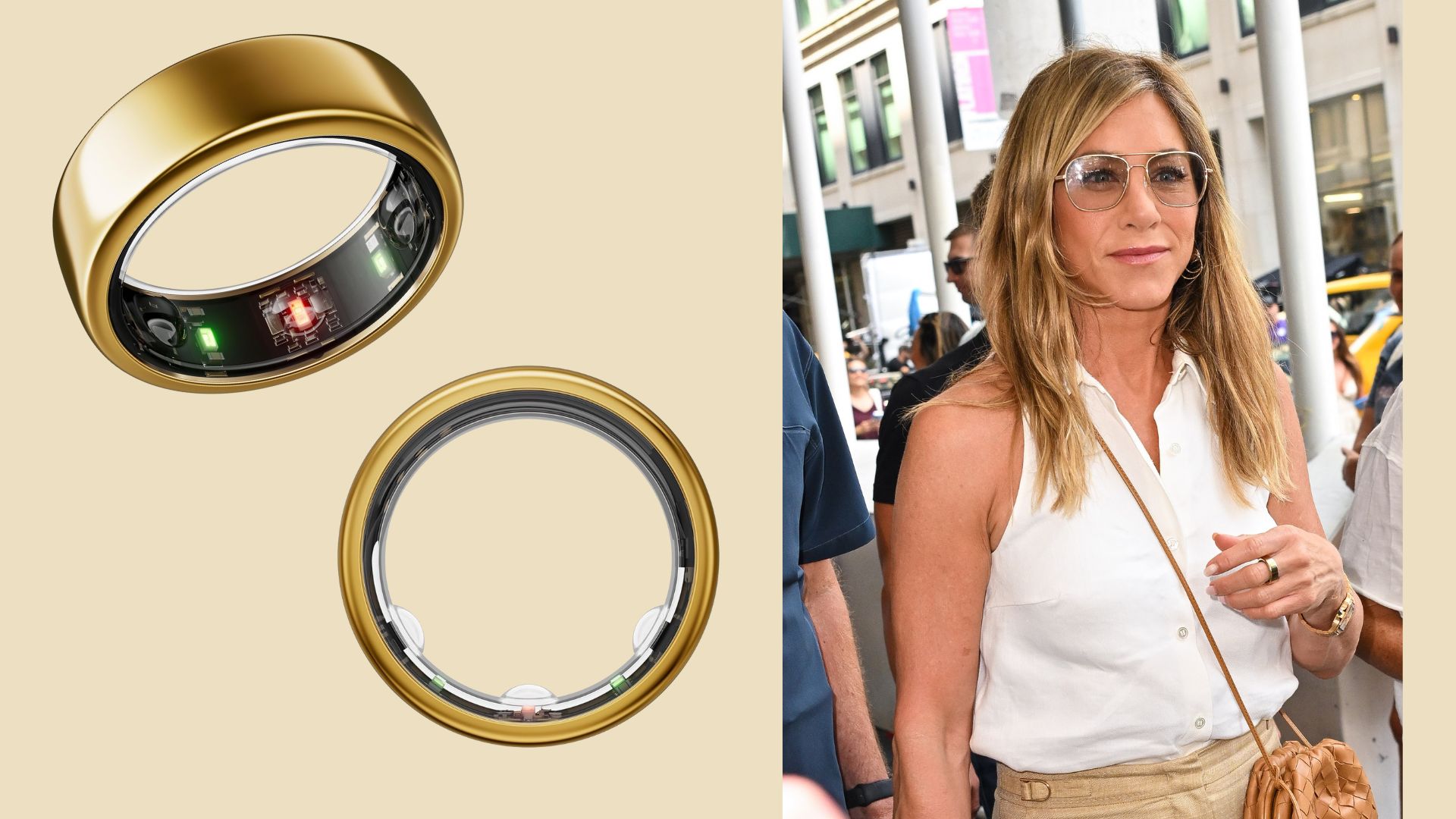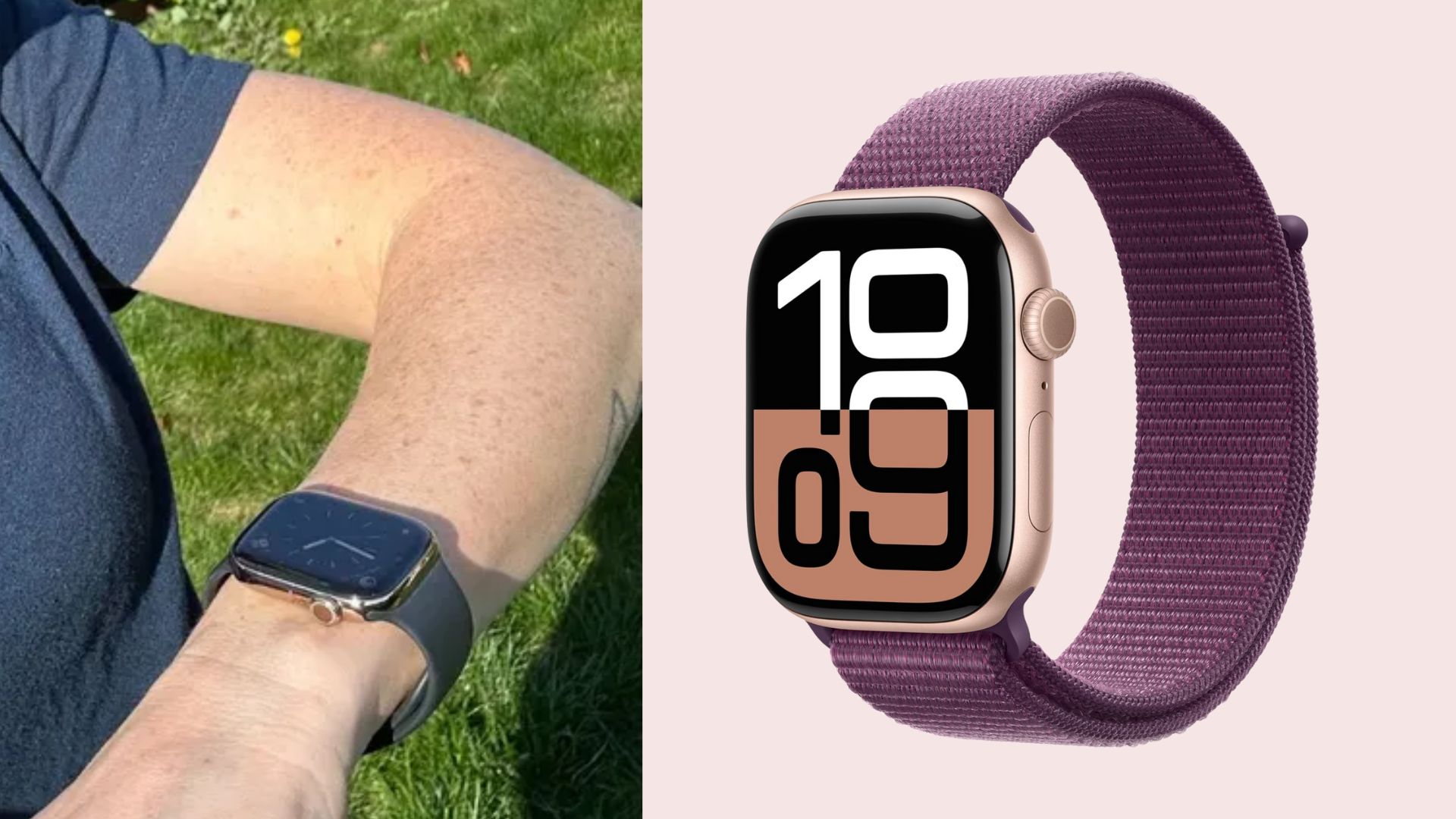Health & Wellbeing
Expert advice, tips and guidance from medical and healthcare professionals to help you take care of your physical health and mental wellbeing
Explore Health & Wellbeing
Latest
-

'It does work' - Dr Amir Khan reveals the 5-minute sleep technique to try if you can't drift off tonight
The doctor and ITV regular shared his thoughts on cognitive shuffling on Instagram, explaining why it could be the key to sleeping better this season
By Becky Spicer Published
-

I basically live in gym clothes - and these Amazon ones are shockingly good
I've found some of the best workout clothes on Amazon over the years. It's a hidden gem for gym gear, with so many brands, styles, and colours to choose from
By Kerrie Hughes Published
-

I tried Jessica Alba's waterproof Hoka hiking boots - they are the most stylish I've seen in years
Jessica Alba took to the mountains with these boots, pairing them with a low-key outfit of leggings, a cap, and a cross-body bag
By Grace Walsh Published
-

I'm a health editor who loves Reformer Pilates but hates the cost - this £5 accessory helps me do it at home
Core sliders are my go-to training accessory when my bank balance won't support another studio workout, or I'd rather just stay at home
By Grace Walsh Published
-

Jennifer Aniston's Oura Ring is ideal for tracking your sleep and step count - now at its lowest ever price
The A-lister was first spotted wearing the smart ring while filming The Morning Show in New York, but we've seen it again since then
By Grace Walsh Last updated
-

Apple rarely does discounts - this £100+ saving on the Apple Watch Series 10 makes them worth the wait
Now in the Apple Watch Prime Day sale, the Series 10 is the newest from the brand, offering a seamless design, better health tracking, and workout features
By Grace Walsh Published
-

I've been wearing a Garmin watch for 5 years - these are the only 9 deals worth having in the sale right now
The Garmin sale has landed for Amazon Prime Day, and for the first time in months, I'm seeing serious discounts on models like the Forerunner, Venu, and Vivoactive
By Grace Walsh Last updated
-

Google Pixel Watch vs Fitbit: I've worn both for over a year - here are my true thoughts
Weighing up Google Pixel Watch vs Fitbit Charge 6? With both devices set to come on sale in the next few months, you're not the only one to ask
By Grace Walsh Published
-

The best fitness trackers for women to help improve your exercise, sleep, and stress habits in 2025
The best fitness tracker for you should help improve your fitness and sleep schedule with advanced data insights, lifestyle suggestions, and health monitoring
By Grace Walsh Last updated
